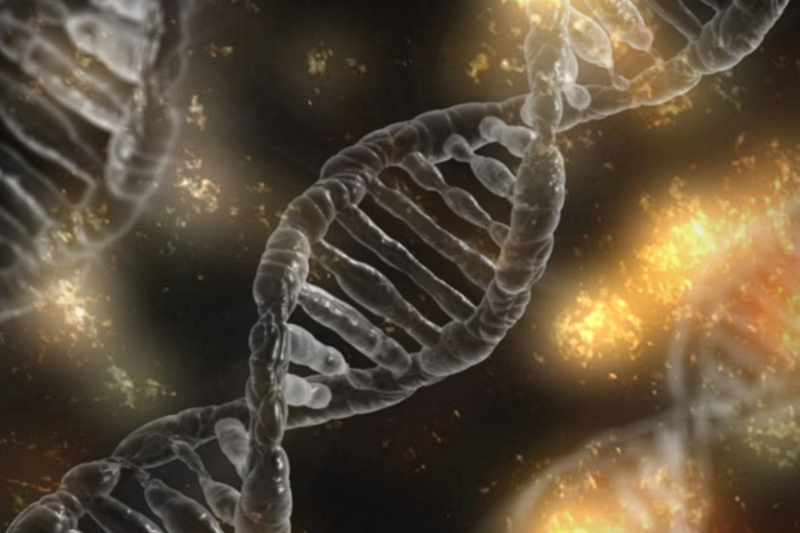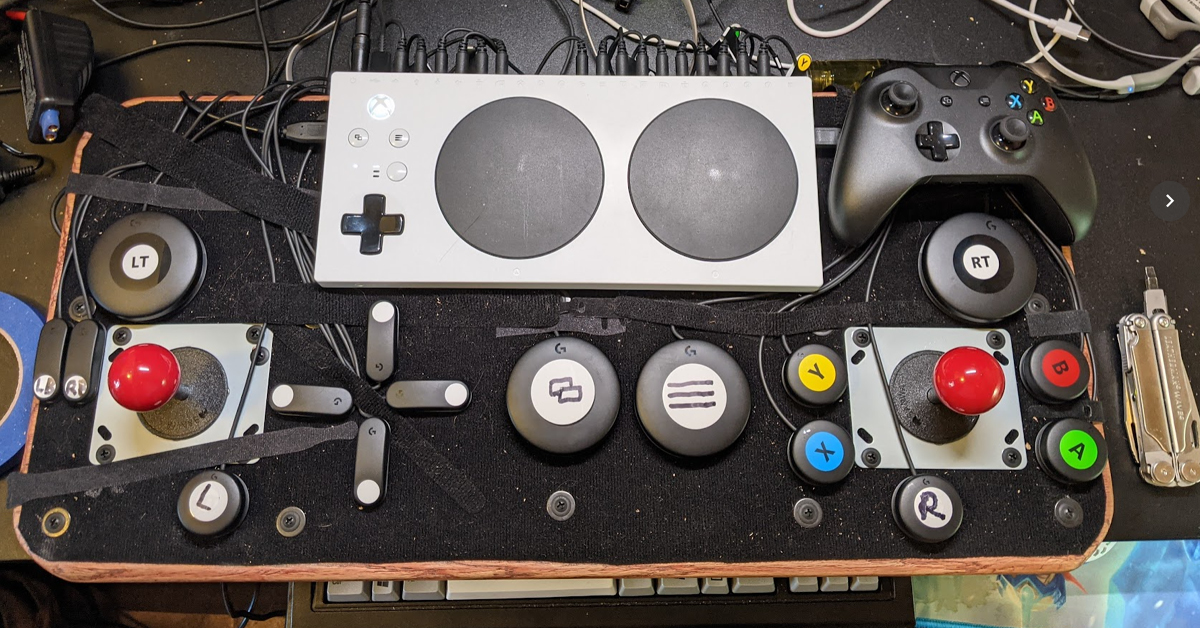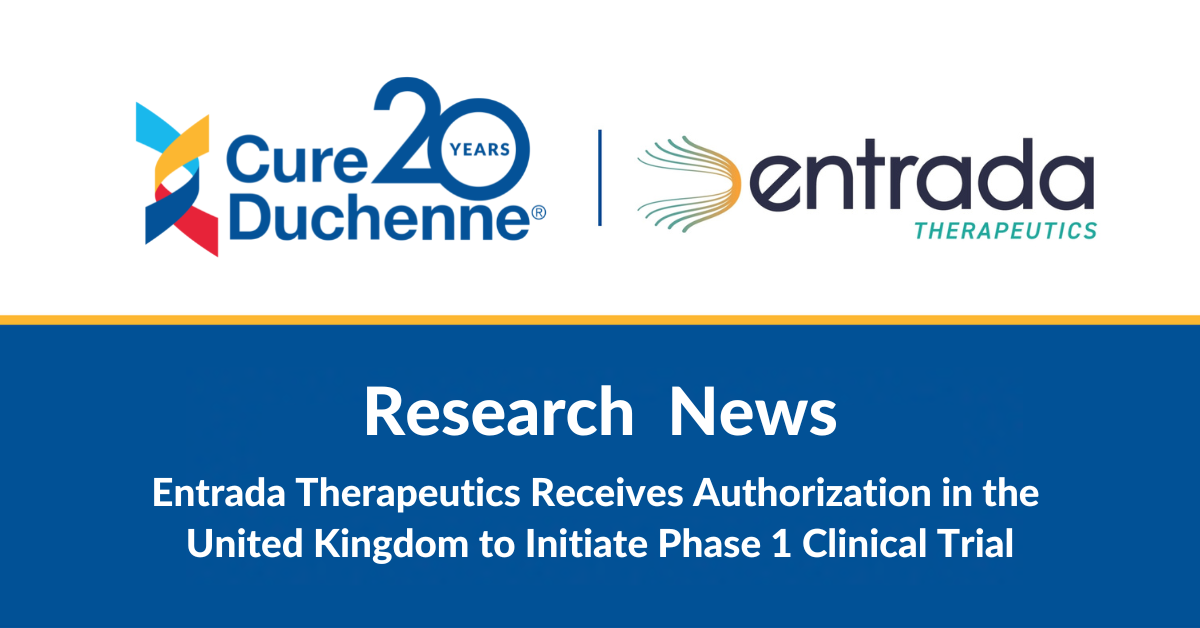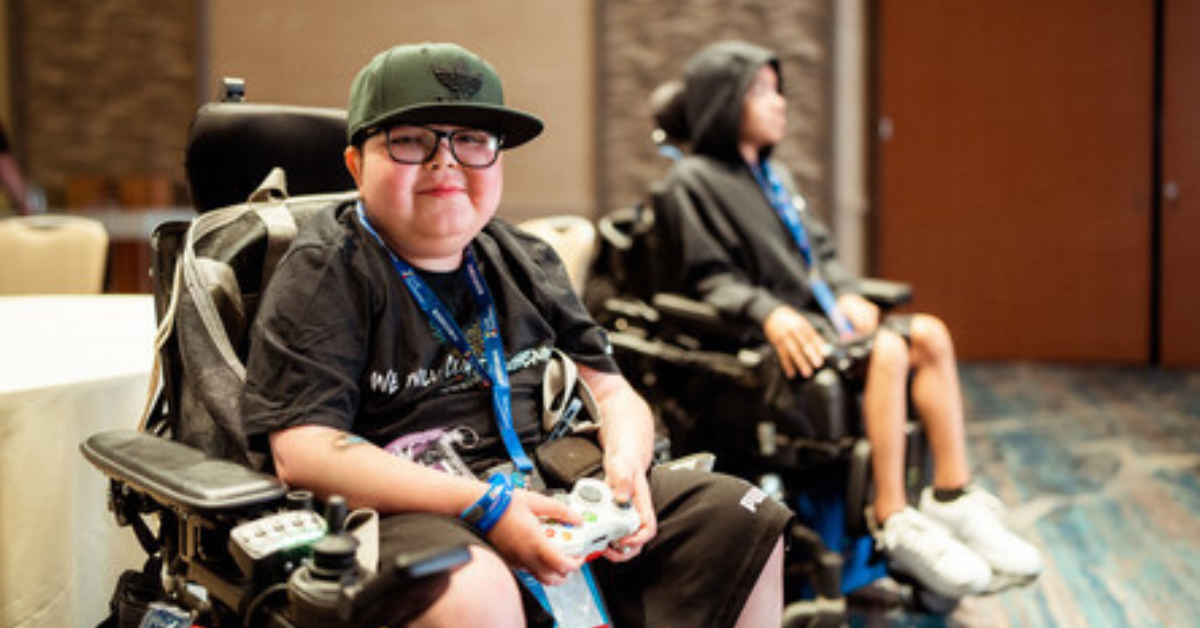Summary of Pfizer Phase 1 Microdystrophin Gene Therapy Trial

Pfizer made their first public disclosure on early data from their open-label Phase 1 microdystrophin gene therapy trial for the treatment of Duchenne. The program was obtained from Pfizer’s acquisition of Bamboo Therapeutics, a Cure Duchenne funded company.
Pfizer’s preliminary data is very encouraging despite two SAE’s which resolved with approved treatment. We are eager for them to resume their current clinical study to better define the risk/benefit profile of PF-069339926. All three gene therapy companies presented today at PPMD’s annual conference and we are pleased with the progress made in such a short period of time. We remain hopeful that gene therapy is this generation’s meaningful treatment.
Boys enrolled in this study were given one of two doses (1e14 and 3e14 vg/kg) of PF-06939926. The primary outcome was safety and tolerability though the first 12-months, secondary endpoints focused on mini-dystrophin concentration and exploratory endpoints included early measurements of efficacy (CK, functional tests etc.).
Two serious adverse events were observed within the first 6 patients dosed – nausea and vomiting in one patient that resolved after iv fluids and anti-emetic treatment and a second patient who presented acute renal injury associated with compliment activation. This patient was admitted to ICU and treated with a complement inhibitor (Soliris) and this resolved within 11 days of admission. This led to a protocol-driven pause in enrollment while alterations were made to the protocol. The trial is expected to resume enrolling patients very shortly once the amendments have been reviewed by the external data monitoring committee.
Preliminary results showed that the minigene was expressed at very high levels in muscle biopsy samples in each of the boys. A new sensitive and specific LCMS assay method has been developed to quantify dystrophin levels in muscle and demonstrated a dose dependent increase in mini dystrophin in the patient’s muscle biopsy samples. This was accompanied by improvements in the North Star Ambulatory Assessment for two study participants who had reached the one-year time point for review. It was also pointed out during the “question and answer” session that CK levels declined from baseline by 80 to 85% in the first few months after treatment.
Pfizer are encouraged by this early safety data, as well as data on muscle fiber distribution, mini dystrophin concentration and the signs of potential clinical benefit. The company is planning to start a global, randomized, placebo-controlled Phase 3 trial in the first half of next year (1H 2020).




